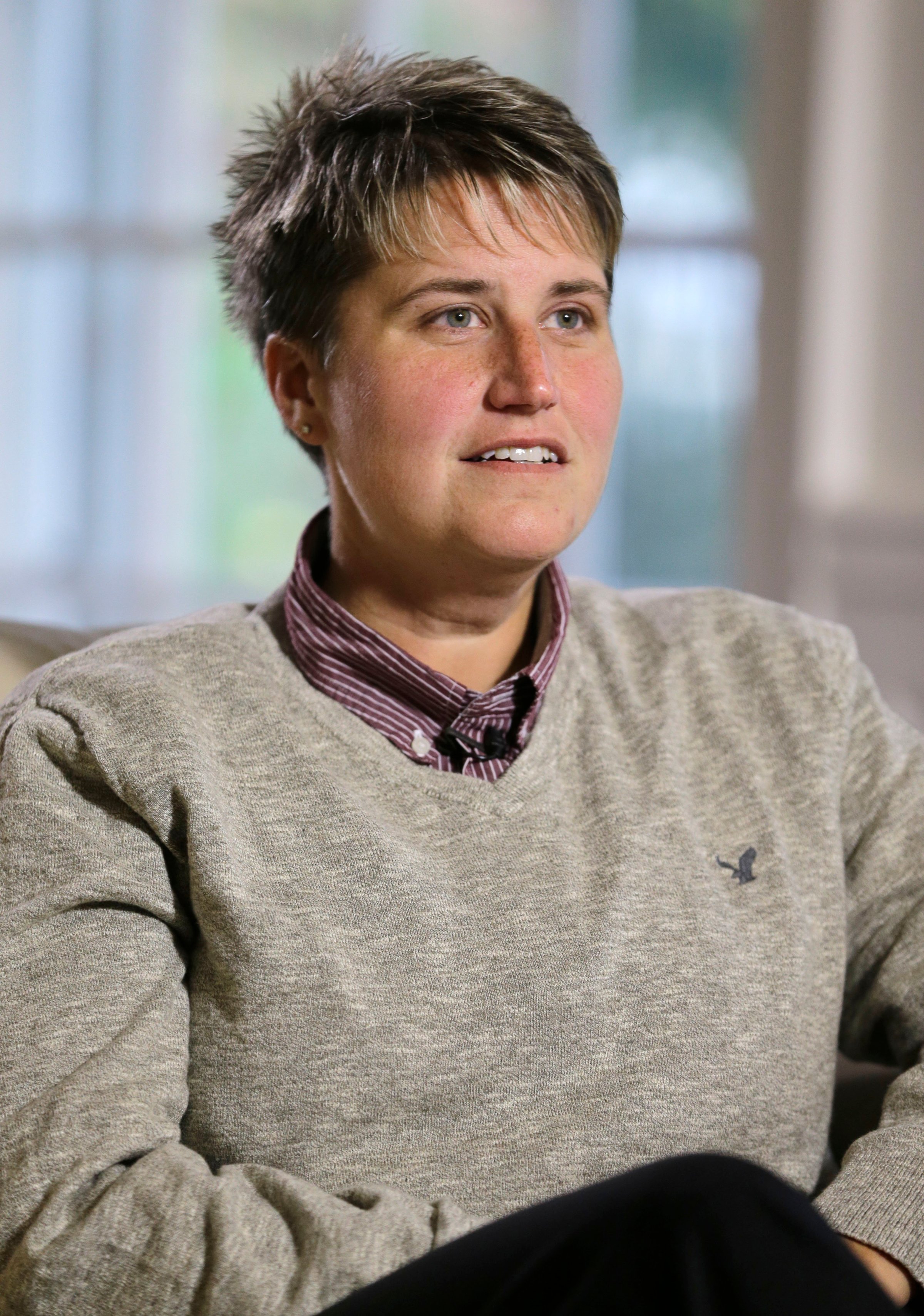
In 2004, when I was pregnant, I was given the wrong information about my daughter’s genetic makeup. We were told she would be “average” height. It took some time to adjust to that information. My husband and I both have achondroplasia dwarfism. The most common of nearly 300 forms of dwarfism, it results in adult height of about 4 feet to 4 feet, 8 inches and disproportionate limbs. Two individuals with achondroplasia pose genetic challenges for having children: there’s a 50% chance the child could inherit the gene from one parent and have achondroplasia, 25% chance there is no presence of the gene and the child would be average size and a 25% chance the child could inherit the gene from both parents, resulting in double dominance and the likelihood that the child is stillborn or lives for a very short while.
By the time I accepted that we would have an average height child, I was told there had been a mix-up and that my unborn daughter would indeed have achondroplasia. I was relieved knowing that my child would bear a strong physical resemblance to me.
In 2008, my husband and I adopted a girl from Russia with achondroplasia. Why adopt? Along with our past experience with genetic testing, we simply felt it would be easier to raise children who are similar to us.
Our second daughter was adopted shortly after her fifth birthday and began kindergarten a few months later. All seemed to be going smoothly, until she was diagnosed with multiple learning disabilities in the middle of first grade. My mind raced. This is not what I signed up for! I was angry, hurt and worried. How would we handle this? What would others think? What would they say? How could we take care of her properly? I know achondroplasia; I have lived with it my entire life. I know what it’s like to be teased because you are short, because you appear to “waddle,” because you cannot run very fast. I know what it’s like to sit on the sidelines as your friends start to date. I know what it’s like to always need a step stool to reach things, to need pedals to drive, to need your clothes altered. I know what it’s like to be called names: shorty, half-pint, mini-me and, most offensive of all, midget.
But I don’t know what it’s like to have a learning disability, let alone multiple ones. Would she understand enough to know wrong from right? Would she ever catch up to her peers? Will she have friends? Will she ever be able to live on her own? How would we pay for all that she needs?
Last week a white lesbian couple from Uniontown, Ohio, filed a lawsuit against their sperm bank for mistakenly receiving sperm from the wrong donor. While raising their mixed-race child, who is now two, Jennifer Cramblett and Amanda Zinkon came to realize how “intolerant” some family members and people in their 98% white town were. As Payton got older, they realized they couldn’t change other people’s mindsets. They don’t want Payton to suffer and are now looking to relocate to a more tolerant area where Payton can feel like less of an outsider, and are seeking redress to do so.
This doesn’t mean they’re racist, ungrateful, unloving of their daughter or financial opportunists. They are trying to right a wrong. There is no denying that the sperm bank committed an error. If they do receive a financial reward, it will serve the family well and also lead such businesses to be held accountable for their errors.
Having had and adopted two children with achondroplasia, I was ready and well-prepared for certain life challenges. Discovering two years later that one has significant learning disabilities was not what I envisioned for my daughter, myself or my family, and if there were someone I could hold responsible for this challenge, I would pursue financial compensation to pay for tutors and testing. Doing so wouldn’t mean I love my daughter any less. All it means is that I want to provide the best support for my children, both emotionally and financially.
Barbara Spiegel is a certified elementary school teacher, stay-at-home mother and active member of Little People of America.
More Must-Reads From TIME
- The 100 Most Influential People of 2024
- The Revolution of Yulia Navalnaya
- 6 Compliments That Land Every Time
- What's the Deal With the Bitcoin Halving?
- If You're Dating Right Now , You're Brave: Column
- The AI That Could Heal a Divided Internet
- Fallout Is a Brilliant Model for the Future of Video Game Adaptations
- Want Weekly Recs on What to Watch, Read, and More? Sign Up for Worth Your Time
Contact us at letters@time.com